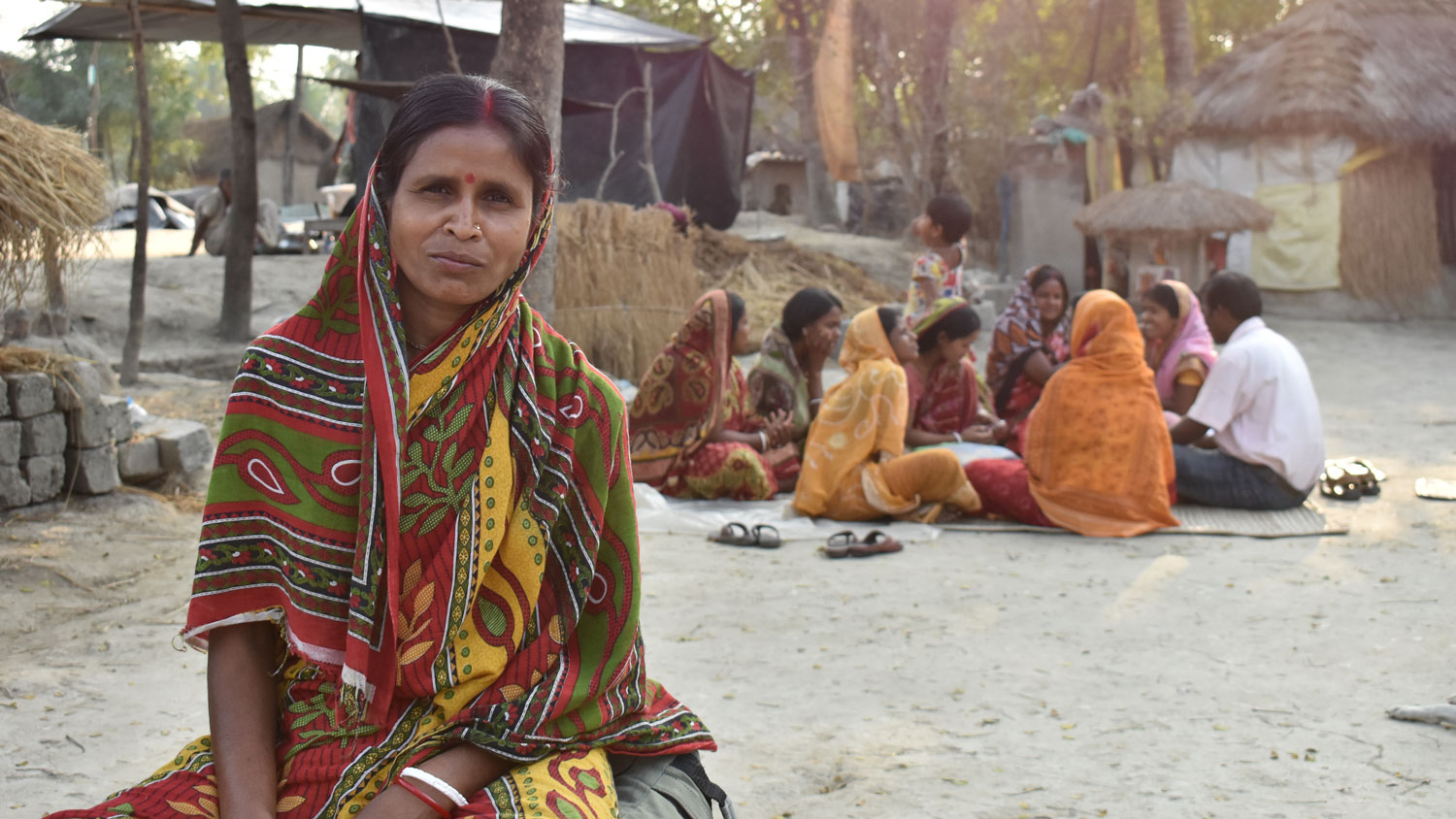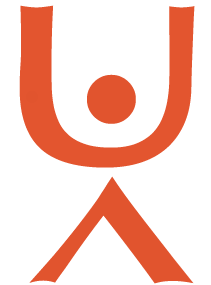The Baba Loknath Self-Help Group (SHG) is a savings group in the community of Kachukhali, West Bengal, India. The 12 women who form Baba Loknath were selected to be participants of Trickle Up’s program in partnership with Prasari, our local partner in West Bengal. They founded the SHG in March 2014.
Udita Ghosh Sarkar, Program Director in India, explains why Trickle Up forms SHGs by saying, “We don’t believe in an individualistic approach, we believe in a group collective action. An SHG is a self-help group of women, between 12 to 15 members. They will have a thrift and credit facility; they will have their own bank account.”
“Our group meets every Wednesday. We burn incense sticks,” says Sagarika Gayen, the SHG president. “To keep the meetings timely, members must arrive before the incense burns out or pay a fine. We talk about everyone’s situation, who wants a loan from the group, and who needs to repay a loan.”
When we visited the savings group, they had $32 (2040 INR) in savings in addition to a formal bank account at a nearby financial institution. Each member has taken out at least one loan so far, to invest in their livelihoods, improve their homes, and cover daily necessities for their families. In the SHG, women’s livelihoods include agriculture, livestock, fisheries, and small businesses. There are currently six outstanding loans in the group.
After participants have started their new businesses, the SHG gives loans to members who want to expand or diversify their productive activities. Sagarika recalls, “We provided a loan to another woman to start her incense business. She’s doing very well. I used my loan to start a fishery, which has made some profit.”
Poverty is about more than money, it’s about exclusion. That’s why, “the importance of the group is not only financial security,” says Sukesh Mandal from Prasari. “Any kind of problem the women encounter can be solved within the group.”
“We discuss our children, how we can help them, and how we should invest our money,” says Arpita Mandal, another member of Baba Loknath.
Their new support system can also be relied upon when members face health problems, disasters, or other shocks. Lakshmi Mandal’s story demonstrates the importance social ties in facing the numerous barriers and facets of extreme poverty. “With my loan, I bought some bamboo to build a house. But it was destroyed in a fire,” she tells us.
Not only did the other 11 members of her SHG help her financially to rebuild her home, they also motivated all 19 Trickle Up savings groups in the same project to contribute money too. 299 participants paid 5 rupees each (8 cents) to help Lakshmi afford a new house, which amounts to a 100% participation rate. Her SHG also motivated Prasari staff, other community members, and even people from the local government to help Lakshmi. With all these efforts, Lakshmi was able to rebuild her house.
“Many groups came together to help me with money and a place to stay. So I was able to rehabilitate my life,” Lakshmi explains.
Savings groups like Baba Loknath take action to improve the lives of their entire communities. In fact, 98% of Trickle Up savings groups engage in collective action. We find that women who participate in our programs and join savings groups are more confident and voice their opinions more often, becoming decision-makers in their families and communities. “When I speak in my group, people listen. I have a strong voice now,” says Arpita. We hope to help more women like Arpita, Lakshmi, and Sagarika form savings groups like Baba Loknath, creating inclusive support systems to reinforce each other’s successes as they lift themselves out of extreme poverty.
“My dream is for our group to develop into a true business cooperative,” says Sagarika Gayen. “Using the earnings from our businesses, we will all lead a better life.”



